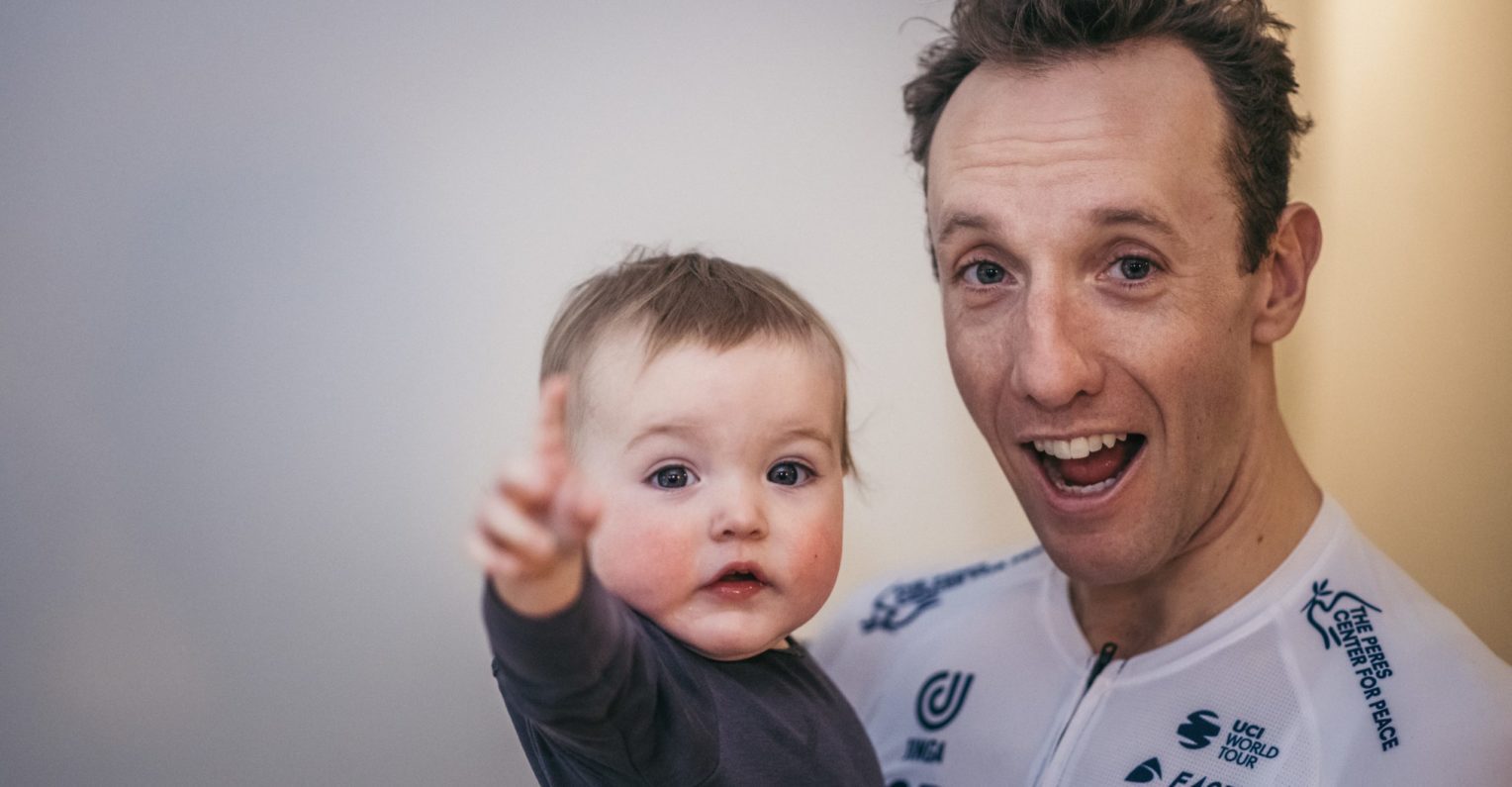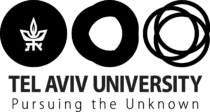
Mike Woods has recovered from bronchitis and is now ready to tackle the Volta Ciclista a Catalunya. Not only is he healthy, he is also eager to make the environment and the whole world healthy.
As for the bronchitis – “I picked it up from my 14 months old daughter. It’s hard not to kiss your sick daughter and give her snuggles,” he said, and of course we agree. “Fortunately I was able to go on antibiotics and I feel much better, pretty much back to my old self.”

“A stage win is my big goal” in Catalunya. “We’re going to have to treat this race as more of an opportunist race and take some aggressive actions throughout the race.” He even has his eye on his goal: “I think there’s a good opportunity for me to go for a stage win, particularly the last stage in Barcelona. It’s a tricky and technical stage and I really like that stage.”
It’s a race he knows well, having ridden it every year since he turned pro in 2016. “I really enjoy this race and I feel like it’s such a good way to get good preparation for the Ardennes races.”
“Make 2021 a carbon-neutral season”

“My particular passion and motivation are to tackle the impact I am having on the planet while racing bikes for a living. This is a hugely important and complex issue with no quick fix but my goal is to educate myself, take responsibility for my lifestyle, and to inspire my fans, partners and fellow pros along the way.
“As one of my actions, I am pledging to make 2021 a carbon neutral season.”
One of the major contributors to environmental harm is flying. Now, it is hard for a pro cyclist to avoid flying and flying a lot. “It’s something that’s really hard to reduce if we need to fly to a race like the Tour Down Under. But I think being smarter about how you travel, being more efficient, and trying to take fewer flights will help.”

The travel is necessary, so Mike says he can do his share by “paying to offset those emissions when I do fly. And when I do a race, paying for my share of the emissions created by all the following vehicles and the support vehicles, the kitchen truck and the bus, for example.”
What are some practical day-to-day things that a pro cyclist can do to help? How about trying to eliminate single-use plastics, for one. He now carries his own dishes and cutlery to use on the bus for pre- and post-race meals, instead of using disposables.
“I think that’s a major one within cycling and it’s one thing that I’ve talked about with ISN. I’m really excited that ISN has bought into this plan. They are keen on this same thing. They are keen to take an audit of their habits and reduce their single-use plastics as well.”
And all those gasoline-powered exhaust-spitting vehicles associated with pro cycling? The team “will start looking into how we cut down on the number of vehicles we are using or if we can use vehicles that are more efficient.”

Other things can be changed, too: bidons might be biodegradable, for example.. “We are pushing our sponsors to think about how their packaging is impacting the environment and how they can change their packaging so that it is environmentally friendly.”
And clothing. Much of a racer’s clothing “is filled with plastics”. The clothes must be washed often, and that involves detergents. “But also, the production of it, the shipping of it, and the packaging of it. Once you start going into every piece of clothing you realize the environmental impact of it. It was produced somewhere else, had to be shipped, had to be packed, which all contribute to the environmental decline.”
However, “travel is the biggest impact that we have on the environment.” It is also an essential part of the sport. “That’s where the offsets really come into play for me, paying for the offsets of my travel and then having those dollars devoted to things like the bio-diversification of forests in places that are essential such as the Amazon.”
“Another way to be better with travel is to be smarter in how we travel. For example, having our riders centered more often in one place so that we can carpool riders better, so we can send them to races in one vehicle and finally looking at how we can make and find better more efficient vehicles to transport us to the races.”
Mike is not pretending that he will single-handedly save the world. “I want to inspire everyone else to take an audit of their habits and see where they too can make changes. Again, the big thing behind this is that if we are all more conscientious, make better decisions towards climate change and how we can reduce our environmental impact, then there’s a real chance that we can create a place where there is a zero-carbon economy where we can still enjoy products, still enjoy traveling, but also know that we are not contributing to the detriment of our planet.”
Team manager Kjell Carlström is ready to take on the challenge: “We fully support the ideology of what Mike is doing and promoting. As a team we are currently investing more and more time on finding efficient ways to improve our environmental impact. We are hopeful that our current and future partners can commit to it too and join us in supporting this.
“There are a lot of areas that we as a team and sport can develop. Only the imagination is the limit to making the changes needed.”

















